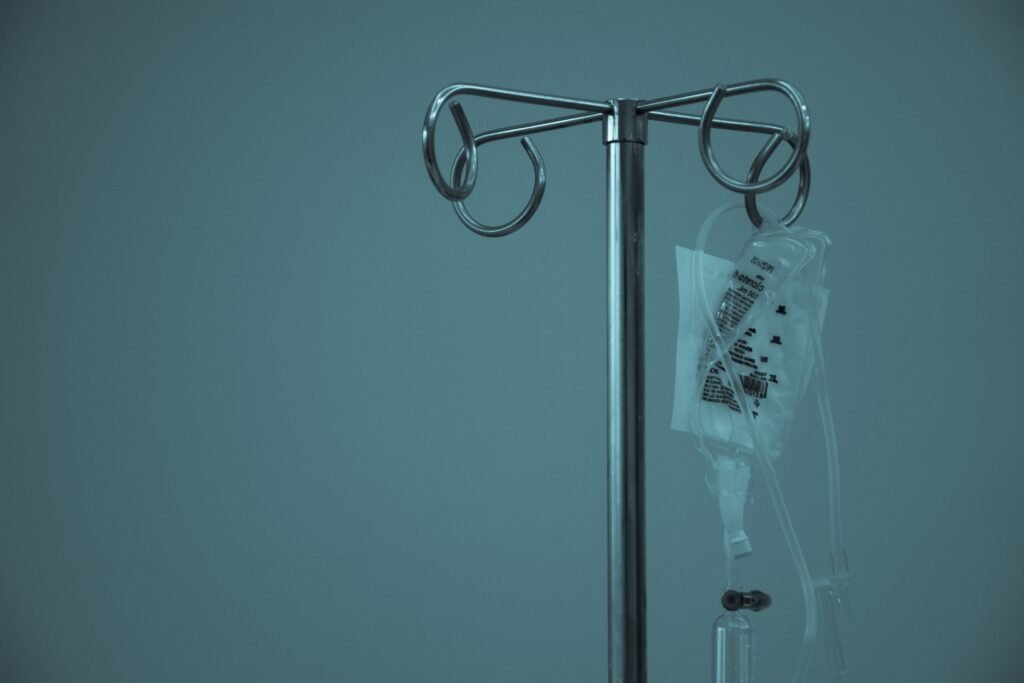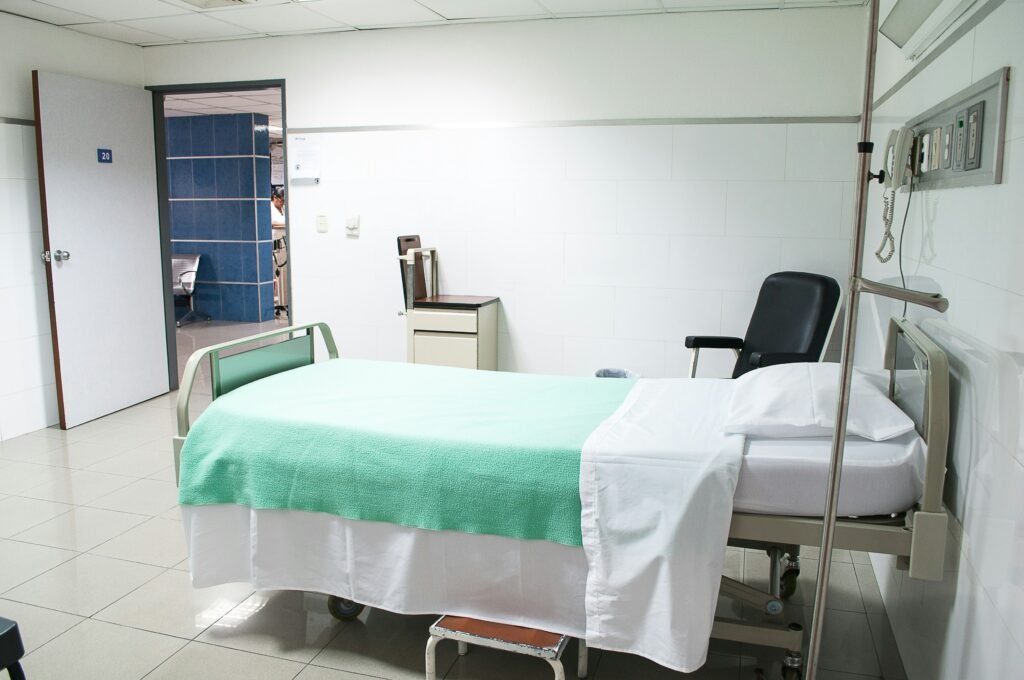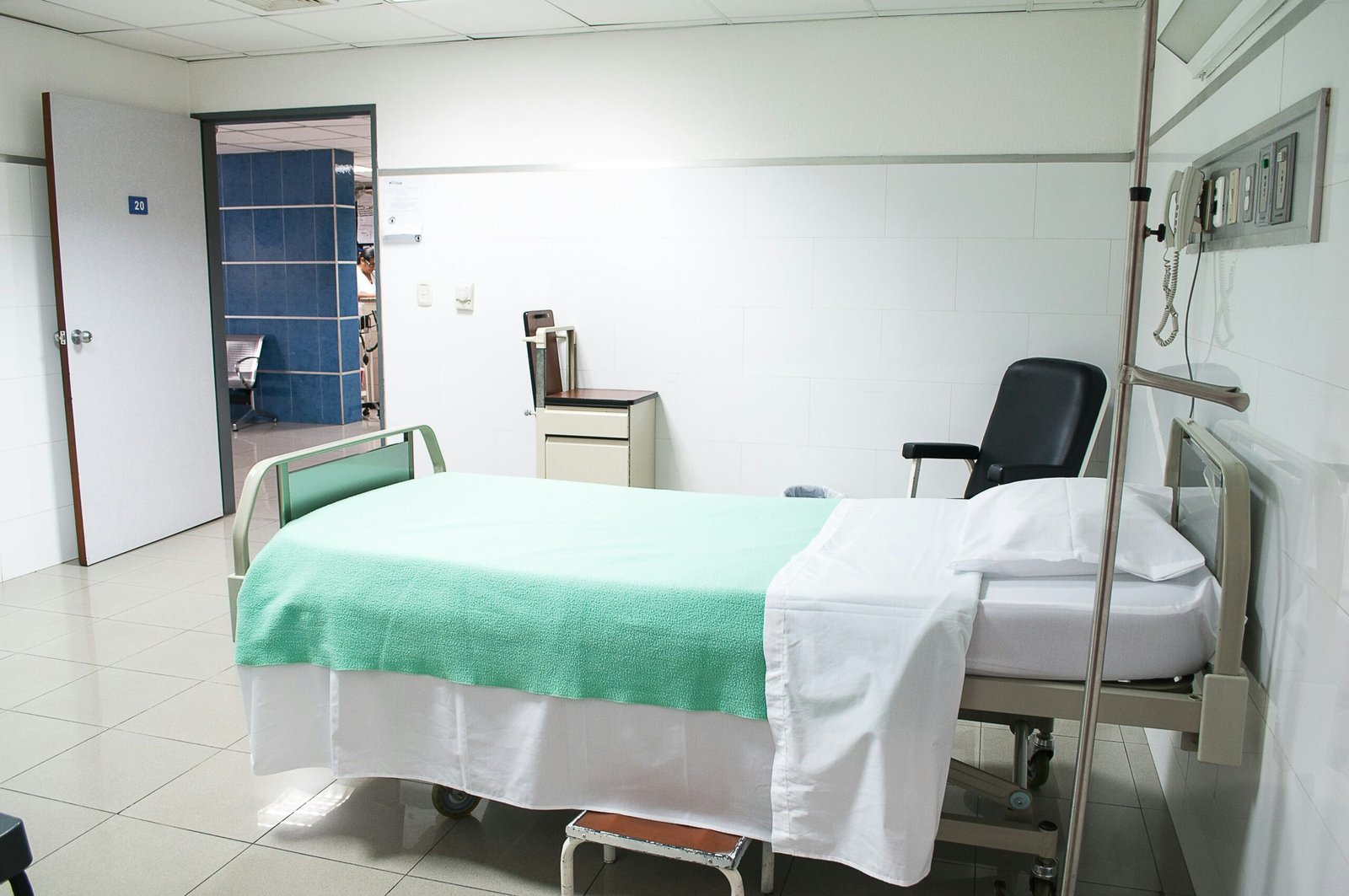In Uganda, a harsh anti-L.G.B.T.Q. law threatens not only the rights of the LGBTQ community, but also poses a serious risk to public health. The country, once known for its progress in the fight against HIV, is now facing the possibility of a resurgence as terrified patients flee clinics and experts express concerns. The legislation criminalizes consensual same-sex relationships and requires citizens to report anyone suspected of engaging in such activity. This not only creates a climate of fear and discrimination, but also prevents LGBTQ individuals from seeking necessary medical care, potentially leading to a worsening of the HIV epidemic. Moreover, the law imposes severe penalties, including imprisonment and even death, for those who promote or support homosexuality. The violation of human rights and the health risks posed by this legislation are alarming, drawing attention to the urgent need for change in Uganda’s approach towards LGBTQ rights and public health.

Uganda’s Anti-L.G.B.T.Q. Law and its Impact on Public Health
Overview of Uganda’s Anti-L.G.B.T.Q. Law
Uganda’s Anti-L.G.B.T.Q. Law, also known as the Anti-Homosexuality Act, was enacted last year and has had significant implications for public health in the country. This sweeping law criminalizes consensual same-sex relationships and requires all citizens to report anyone suspected of engaging in such activity. Unfortunately, this law has created a hostile environment for L.G.B.T.Q. individuals, leading to a decline in access to medical care and an increase in threats and violence against this marginalized community.

Criminalization of Same-Sex Relationships
One of the key provisions of Uganda’s Anti-L.G.B.T.Q. Law is the criminalization of consensual sex between same-sex adults. This not only infringes upon the personal freedom and autonomy of L.G.B.T.Q. citizens but also creates a culture of fear and discrimination. The law also mandates that all citizens must report any individuals suspected of engaging in same-sex relationships, including health care providers.
This reporting mandate puts L.G.B.T.Q. individuals at risk of being forcibly outed and subjected to further persecution. It also deters them from seeking necessary medical care, as they fear the potential consequences of being reported. The criminalization of same-sex relationships not only violates human rights but also undermines public health efforts, particularly in the context of HIV/AIDS.
Aggravated Homosexuality and its Consequences
Under Uganda’s Anti-L.G.B.T.Q. Law, simply having a same-sex relationship while living with HIV/AIDS can be considered “aggravated homosexuality,” which is punishable by death. This alarming provision not only creates a culture of fear but also undermines HIV prevention and treatment efforts.
L.G.B.T.Q. individuals living with HIV/AIDS are less likely to seek medical care, adhere to treatment regimens, and access essential support services due to the fear of being targeted and persecuted. This puts their health at significant risk and undermines the progress that Uganda has made in combating the HIV epidemic.

Denial of Access to Medical Care
The Anti-L.G.B.T.Q. Law has had a profound impact on the access to medical care for L.G.B.T.Q. individuals in Uganda. The culture of fear and discrimination created by the law has led to a significant decline in individuals seeking healthcare services.
Fear and Avoidance of Seeking Healthcare Among L.G.B.T.Q. Citizens
L.G.B.T.Q. individuals in Uganda now face immense barriers when it comes to seeking healthcare. The fear of being reported and persecuted prevents many from accessing essential medical services, including HIV testing, treatment, and prevention measures.
This fear and avoidance of seeking healthcare have severe consequences for public health. It contributes to a heightened HIV transmission rate among L.G.B.T.Q. individuals and hampers efforts to control the epidemic. Additionally, it leads to delayed diagnosis and treatment of other health conditions, further exacerbating long-term health outcomes for this population.
Discrimination and Mistreatment of L.G.B.T.Q. Individuals Within the Healthcare System
Even when L.G.B.T.Q. individuals do bravely seek medical care, they often face discrimination and mistreatment within the healthcare system. Homophobic attitudes among healthcare providers contribute to the marginalization of this community and deter them from accessing the care they need.
This mistreatment not only violates the principles of medical ethics but also perpetuates health disparities faced by L.G.B.T.Q. individuals. It is essential for healthcare providers to receive training and education on cultural competency and inclusivity to ensure that they provide equitable and respectful care for all patients, regardless of their sexual orientation or gender identity.
Threats and Violence against L.G.B.T.Q. People
Uganda’s Anti-L.G.B.T.Q. Law has emboldened and legitimized threats and acts of violence against L.G.B.T.Q. individuals. Entrapment and blackmail, sometimes carried out by the police or through social media platforms and dating apps, are rampant.
These threats and acts of violence not only cause immediate harm to individuals but also perpetuate a culture of fear and persecution. They reinforce the notion that L.G.B.T.Q. individuals are unwelcome and undeserving of equal rights and protections.
Entrapment and Blackmail by Police and on Social Media
The enforcement of Uganda’s Anti-L.G.B.T.Q. Law often involves entrapment and blackmail by the police and vigilante groups. L.G.B.T.Q. individuals are often targeted and lured into situations where they can be arrested, extorted, or publicly shamed.
This practice is not only a violation of human rights but also undermines public health efforts. It impedes access to essential services, including HIV prevention, care, and support. It is crucial for law enforcement agencies to prioritize the protection and safety of all individuals, regardless of their sexual orientation or gender identity.
Promoting Inclusivity, Equality, and Access to Healthcare for All
In order to address the health crisis caused by Uganda’s Anti-L.G.B.T.Q. Law, it is essential to promote inclusivity, equality, and access to healthcare for all individuals, regardless of their sexual orientation or gender identity.
This requires comprehensive policy reforms that decriminalize same-sex relationships, prohibit discrimination based on sexual orientation or gender identity, and establish mechanisms to address violence and threats against L.G.B.T.Q. individuals. It is also crucial for healthcare providers to receive training on cultural competency and inclusivity to ensure that they provide equitable and respectful care to all patients.
By creating a supportive and inclusive environment, Uganda can mitigate the public health impacts of the Anti-L.G.B.T.Q. Law and ensure that all individuals have equal access to the healthcare they need to thrive. It is the responsibility of society as a whole to protect the rights and well-being of all individuals, regardless of their sexual orientation or gender identity.








